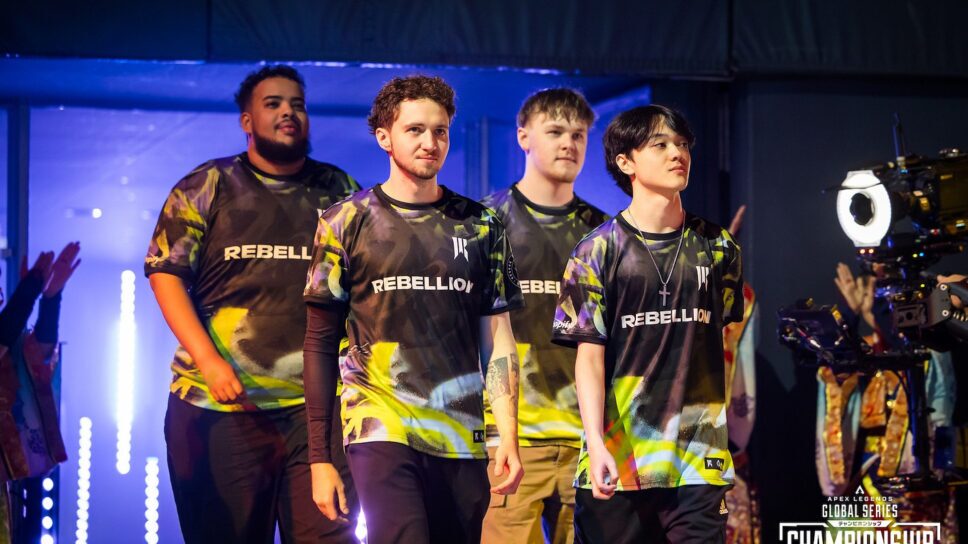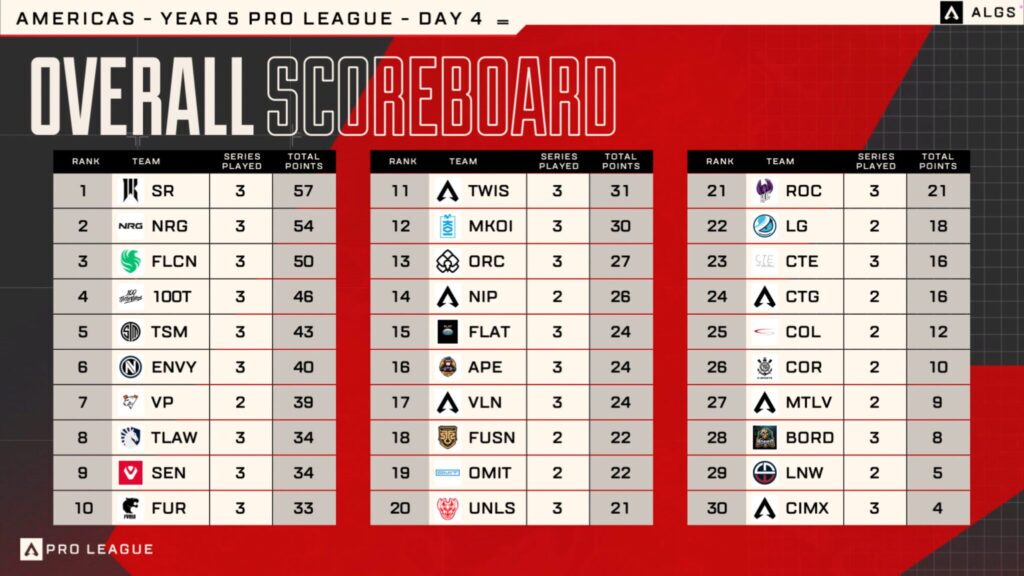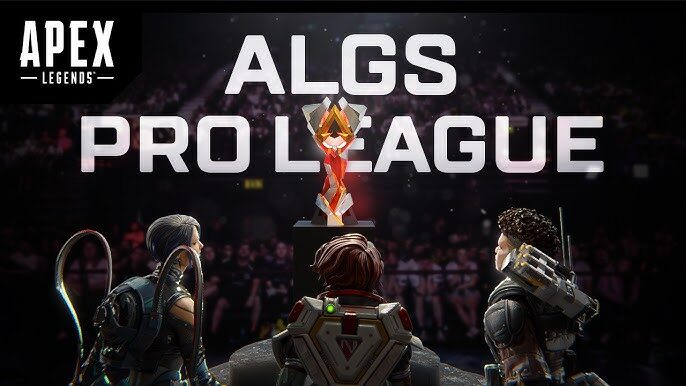Apex Legends Scores and the Shifting Landscape of ALGS Competition
September 27, 2025

Apex Legends scores : When people tune into the Apex Legends Global Series (ALGS), most immediately glance at the live scoreboard. Who’s leading? Who’s slipping? Which dark horse team is breaking into the top 10? But Apex Legends scores are not just data—they represent an entire ecosystem of strategy, psychology, and competitive adaptation. Unlike traditional sports, where scoring systems are often static and universally understood, ALGS has developed a layered structure that blends placement and eliminations into one narrative. In doing so, it has created an esport where the leaderboard is not just an end result but a living, evolving story that fans, analysts, and even players constantly debate.
Quick Look
The Duality of Scoring

Source: Esports.gg
At its core, the ALGS scoring system asks a simple but profound question: should teams fight, or should they survive? Each kill provides immediate value, but placement ensures long-term consistency across matches. Editorially, this duality is what makes Apex such a fascinating esport.
- Aggressive Teams: Squads like to push every fight, racking up eliminations and often swinging leaderboards with massive point hauls. Their style is risky but electrifying.
- Survival Specialists: Other teams emphasize rotations, safe zone control, and patience, betting on late-game positioning to secure top placements. They may not get highlight reels, but they rack up reliable points.
- Hybrids: The strongest contenders often blend the two, adjusting based on lobbies, zones, or pressure moments.
This push and pull creates a meta that is never stagnant. One season may reward aggression; another might see survival-heavy teams dominate. It’s a constant editorial talking point—what’s the “right” way to win Apex Legends?
Why Live Scores Are More Than Entertainment – Apex Legends scores

The live nature of ALGS scoring adds another editorial layer: volatility. Unlike a single best-of series in other esports, Apex stretches its tournaments across multiple rounds where leaderboards swing wildly. A team sitting at 18th can, in one inspired game, rocket into playoff contention with a high-kill victory. Conversely, favorites can crumble with consecutive early exits.
For fans, this volatility is addictive. It mirrors the unpredictability of the battle royale genre itself—no match is predetermined, and no leader is safe. From an editorial standpoint, this constant reshuffling gives analysts endless room to question momentum, predict comebacks, and highlight underdog stories. It also means that viewers don’t just consume results; they live them in real time, refreshing leaderboards like stock tickers.
The Match Point Finals – Apex Legends scores

If the group stages are about consistency, the Match Point finals are about pressure. This system, requiring teams to hit a point threshold before securing a match win, forces squads to prove themselves twice: first through endurance, then through execution.
Editorially, it’s genius. The Match Point format guarantees drama, ensuring that championships aren’t decided quietly by math but explosively in the arena. Multiple teams can be “Match Point eligible” simultaneously, creating scenarios where fans hold their breath every time a final ring closes. From a storytelling perspective, it elevates the competition—turning each match into a potential final chapter of the tournament’s narrative. Few esports can replicate this sense of unpredictability.
The Editorial Take – Apex Legends scores

Looking beyond the mechanics, Apex Legends scores reflect the broader health of the esport. They tell us who is adapting, who is stuck in outdated strategies, and who can handle pressure when it matters most. They also spark community debates—should kills weigh more heavily? Is placement too forgiving? Would a different model make the game more balanced?
From my perspective, the current system achieves what esports needs most: variety and tension. Apex doesn’t crown champions who are only good at one thing—it rewards those who can balance survival, aggression, and timing. Scores are not just measurements of success; they are indicators of philosophy, proof of resilience, and often, the foundation of rivalries that fuel the community long after the tournament ends.
Conclusion: Numbers With Meaning in the ALGS Era – Apex Legends scores
At first glance, scores may look like dry statistics on a leaderboard, but in Apex Legends esports, they are the pulse of the scene. They dictate strategies, shape team identities, and create storylines that fans follow as passionately as any match itself. Whether through the volatility of live updates or the breathtaking stakes of Match Point finals, Apex Legends scores serve as the connective tissue that binds competition, spectatorship, and community discussion together. And as ALGS continues to grow, the meaning of those scores will only deepen—reminding us that in this esport, every point has a story.

